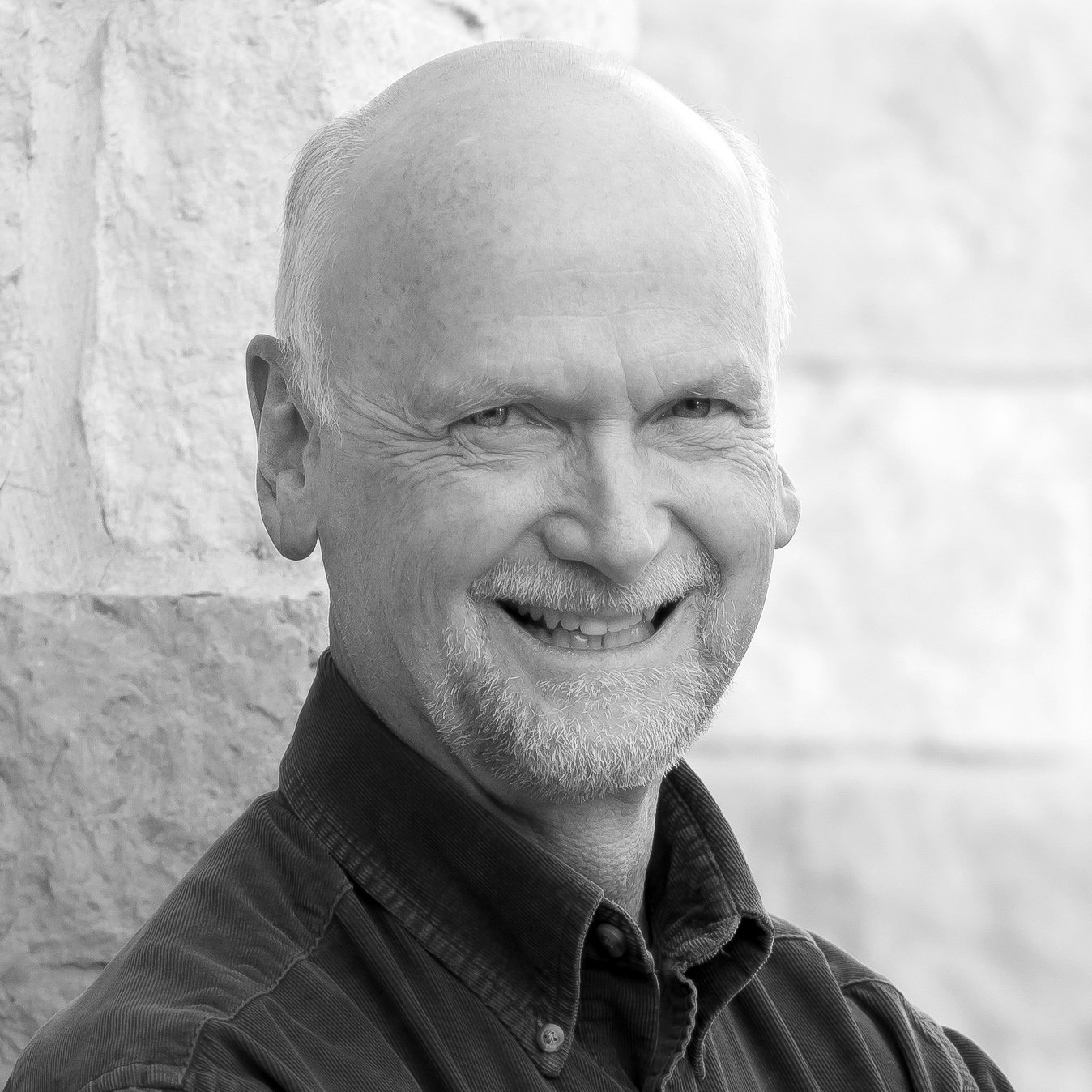Jay Winslow
Faculty of Theology
Jay’s Bio
Jay Winslow has been teaching in public and private schools for over forty years emphasizing worldview and critical thinking skills. He has a B.A. in English and an M.A. in rhetoric and frequently speaks on issues including worldview, education, language and literacy, and the effects of the media on our culture. He has in-serviced educators through groups such as ACSI and the Systems Thinking Network Project. Jay and his wife Regina have three sons and live in Arizona.
Find out more about Conferences and how to invite Jay to speak at your church or event!
Jay’s Lectures
-
Introduction to Worldview
From the Bible to Shakespeare to the Berenstein Bears, the ideas we believe affect the way we live our lives. This presentation examines the fundamental questions that make up a worldview emphasizing how changes in worldview thinking have affected Western philosophy, art, literature, music, and daily life. Categories of worldview are discussed with tips on how to think more “worldviewishly.”
-
The Reliability of the Scriptures
How can we know that anything is true? We need to go to the source of our information and determine its validity. This is a basic introduction to epistemology and revelation, providing a simple means for remembering that the Bible is a trustworthy source of information.
-
The Image of the Logos: Being a Word-Eater (part 1)
The Bible proclaims that, “In the beginning was the word” and tells us that we live “not on bread alone, but on every word that comes from the mouth of God.” What does this mean, and what happens when a culture no longer values the importance of words? This presentation explains how God uses language to make us uniquely human, presents practical examples from the life of Helen Keller, and defines exactly what the “image of God” is.
-
The Image of the Logos: Being a Question-Asker (part 2)
Building on part 1, this presentation examines the cultural forces that are undermining our ability to ask the questions we must in order to know what is true. It also examines how America’s primary “story-tellers” are no longer parents, teachers, or pastors, but corporations selling products on T.V. With examples from advertising and popular culture, this presentation reveals how a culture based on images rather than words is producing a “different kind of brain” today.
-
The Image of the Logos: Being a Truth-Seeker (part 3)
Ever wonder why they can't get your order right at the fast-food restaurant, why people don't know the simplest of things, why common sense isn't so common anymore? Building on parts 1 and 2, this presentation examines how an image-based culture has contributed to the loss of the notion of absolute truth in Western society producing a generation that is more likely to feel rather than think their way through life. It also offers a logical, practical, and Biblical remedy.
-
Evolution
While discussing the scientific improbability of evolution, this presentation reveals that evolution is really more a commitment to a philosophical idea than to scientific facts. It discusses the power of images in popular culture to perpetuate evolutionary thinking and the profound implications evolution has on life’s basic questions. A simple way to remember the chief arguments against evolution is provided.
-
Pursuing the Virtues in The Lord of the Rings
The Founding Fathers knew that “the pursuit of happiness” meant the pursuit of virtue, a concept that is largely unknown to people today. Using clips from the movie, The Lord of the Rings, this presentation discusses the classical and Christian virtues and shows us that they are not only something we should vigorously be pursuing, but something that deep down inside makes us want to cheer.

